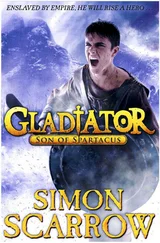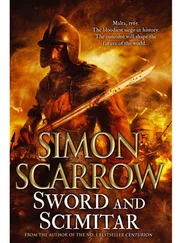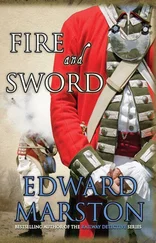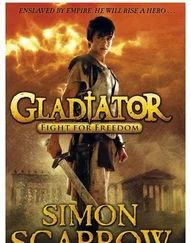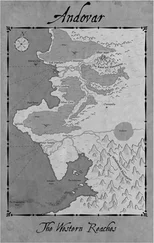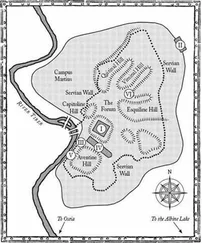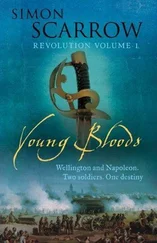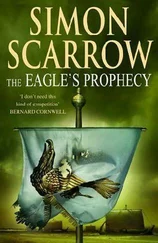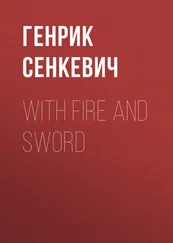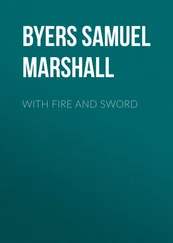Chapter 57
Throughout the night the people of Oporto celebrated their liberation and pressed food and drink on any redcoats they encountered in the streets. Arthur had paused only long enough to enjoy the meal that was still set for Marshal Soult on the table at the headquarters he had abandoned.Then he had returned to the quay to supervise the crossing of the rest of his army. All through the night, boats continued to ferry the rest of the infantry, the artillery and supplies over to the north bank. The cavalry had been sent upriver to find a crossing and do what they could to harry the enemy before rejoining the main body of the army in the morning.
Late in the night Somerset presented Arthur with the official casualty list.
‘Twenty-three killed, ninety wounded and ten missing at present, sir,’ Somerset read from his notes.
‘Good!’ Arthur responded with relief. Given the risks that had been taken, the cost had been light. Caught by the surprise crossing to the convent, Soult had panicked and abandoned the city, and much besides. So much for the myth of French invincibility, Arthur mused contentedly. ‘What of French losses?’
‘So far, four hundred dead and eighteen hundred prisoners, including the wounded they abandoned in the churches of the city. We’ve also taken twelve guns, two hundred wagons and a store of powder and artillery supplies.’
‘Quite a haul,’ said Arthur. ‘Something for our people to celebrate back home.’
‘Yes, sir.’ Somerset nodded his head towards the centre of the city. ‘And the locals seem rather pleased.’
‘Good. Now we must prepare for the final stage of Soult’s defeat. Send word to every battalion commander. I want their men ready to march at first light. There will be no drinking tonight. No one is excused duties, nor may they leave their formations.’
‘The men won’t like that much, sir. They’ll feel they’ve earned the right to indulge themselves.’
‘Then it is just as well that they don’t have rights,’ Arthur responded tersely. ‘This is an army, not a democracy, Somerset. They will do as I damn well order.’
‘Yes, sir. Sorry, sir.’
‘Never mind. Just see to it that the order is given. We cannot afford any delay in our pursuit if we are to make the most of what we have won here today. Do you understand?’
‘Yes, sir.’
‘Then make sure that every man gets the message.’
The next morning dawned grey and overcast and the first drops of rain began to fall as the British and Portuguese troops tramped out along the road to the east, following the trail of Soult’s corps. Almost from the outset there was clear evidence of the desperate state of the enemy. The British encountered abandoned equipment, scattered along the side of the road. Backpacks, broken muskets, and then the less valuable spoils that had been carried away from Oporto, and the heavier items. In amongst the detritus lay the wounded who had been left behind.At first Arthur gave orders for the enemy injured to be carried back to the city for care alongside his own casualties, but soon there were too many of them to tend to and he cancelled his order with a heavy heart, knowing their likely fate if they fell into the hands of the local peasantry.
The Portuguese people had already suffered much under French occupation and now their torments increased as Soult’s retreating column pressed through their villages.The French soldiers were hungry and made free use of torture on any peasants they suspected of hiding food and drink. As Arthur’s soldiers marched along in the wake of the enemy column, squelching through the mud as they hunched down under the steady downpour, they came across frequent examples of the enemy’s cruelty. Bodies hung from trees. Mothers and infants had been bayoneted or shot in their hovels and young girls raped and left for dead. Villages had been burned so that faint columns of smoke and smouldering remains clearly marked the passage of Soult and his men. As he bore witness to these atrocities Arthur felt his heart grow heavy with a cold rage at the carnage endured by civilian bystanders of the war, and he vowed to do whatever he could to ensure that his own men did not follow the enemy’s example.
Occasionally the British came across the bodies of French stragglers upon whom the Portuguese had wreaked their revenge. The luckiest had been killed out of hand, but others had been gutted, or partially flayed, and one officer’s body had been discovered sawn in half, beside the bloodied blade of a tree-felling saw. In one village, during a brief lull in the rain, they came across a group of villagers standing round a circle of burning straw. In the middle a wounded Frenchman was screaming. Every time he tried to crawl out, the peasants drove him back inside the flames with their pitchforks, and threw more straw on to the fire. Before Oporto the British troops might have intervened to save the Frenchman, but they had seen enough of his comrades’ handiwork to spare him little more than a cold-hearted sideways glance as they marched by.
Each night the sodden redcoats found what shelter they could and lit fires to warm their cold bodies and attempt to dry their clothes. Meanwhile Arthur read the reports of his scouts with a mixture of frustration and grudging satisfaction. Soult was marching at a faster pace than his own men could manage, but only at the price of steadily abandoning his guns and wagons. Soon all he would be left with would be his footsore infantry and the starving, lame mounts of his cavalry.
In an effort to prevent Soult’s escape Arthur despatched a Portuguese column to try to march round the enemy’s flank and block their passage across the hills into Spain. Another column, led by Beresford, blocked any escape to Vigo in the north where Soult might join forces with Ney. At last, the desperate French commander abandoned the roads and led his forces over the mountains of Santa Catalina. As soon as he heard the news Arthur realised the chase was up. It was five days since they had set out from Oporto, and without abandoning his own guns and supply train he could no longer pursue Soult with the main body of his army. Riding on with his cavalry, he followed Soult’s tracks across the mountains and on the seventh day of the pursuit, as the cavalry descended towards the broken country of Galicia, Arthur halted his column.
No more than five miles ahead he could see the remnants of Soult’s corps, moving like a band of beggars across the landscape.There was little sense of order in the straggling mass of humanity and only a handful of cavalry formations retained enough discipline to form a rearguard.
‘We have them, sir!’ Somerset said eagerly. ‘We have but to charge and they will scatter to the winds.’
Arthur stared after his enemy for a moment and then shook his head.
‘Sir?’
‘Do you not know where we stand, Somerset?’ Arthur gestured to the ground before them. ‘That is Spain. I am forbidden from entering without the express permission of the Secretary for War.’
‘But sir,’ Somerset protested, pointing at Soult’s ragged column.‘One charge and they will break.’
‘Perhaps,’ Arthur mused. He had seen enough of the British cavalry in action to know how hot-headed they were. Far in advance of the rest of the army it would be rash indeed to permit them to mount any wild charge against the enemy. Besides, Soult’s men were hardened veterans of the Grand Army. Even now they would still form square and repulse any attempt by the British cavalry to break their ranks. He stiffened his posture in the saddle and continued to address his aide. ‘There is much to be risked in an unsupported attack, and little to gain. Soult’s men are beaten; he has abandoned every one of his guns. It will be quite some time before those men of his are ready to fight again.We have done our work, Somerset. Now it is time to retire. Time to turn and deal with Marshal Victor should he attempt to advance across the frontier.’
Читать дальше

